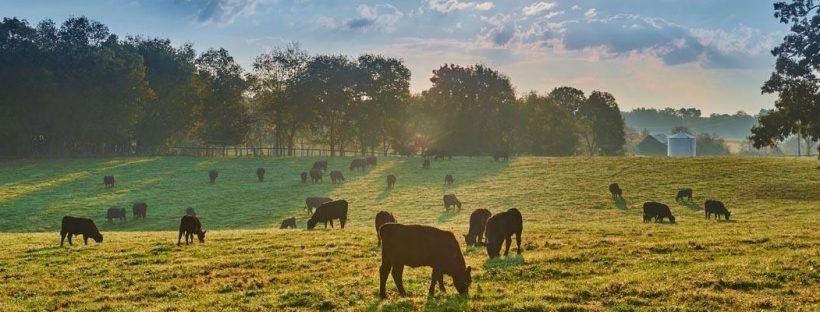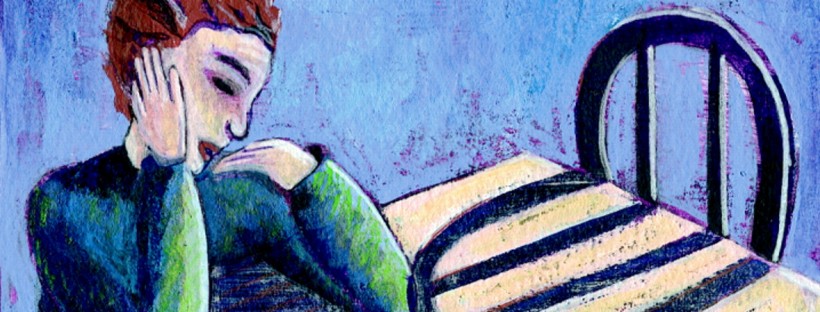Stephen Dunn
Just when it has seemed I couldn’t bear
one more friend
waking with a tumor, one more maniac
with a perfect reason, often a sweetness
has come
and changed nothing in the world
except the way I stumbled through it,
for a while lost
in the ignorance of loving
someone or something, the world shrunk
to mouth-size,
hand-size, and never seeming small.
I acknowledge there is no sweetness
that doesn’t leave a stain,
no sweetness that’s ever sufficiently sweet.
Tonight a friend called to say his lover
was killed in a car
he was driving. His voice was low
and guttural, he repeated what he needed
to repeat, and I repeated
the one or two words we have for such grief
until we were speaking only in tones.
Often a sweetness comes
as if on loan, stays just long enough
to make sense of what it means to be alive,
then returns to its dark
source. As for me, I don’t care
where it’s been, or what bitter road
it’s traveled
to come so far, to taste so good.

